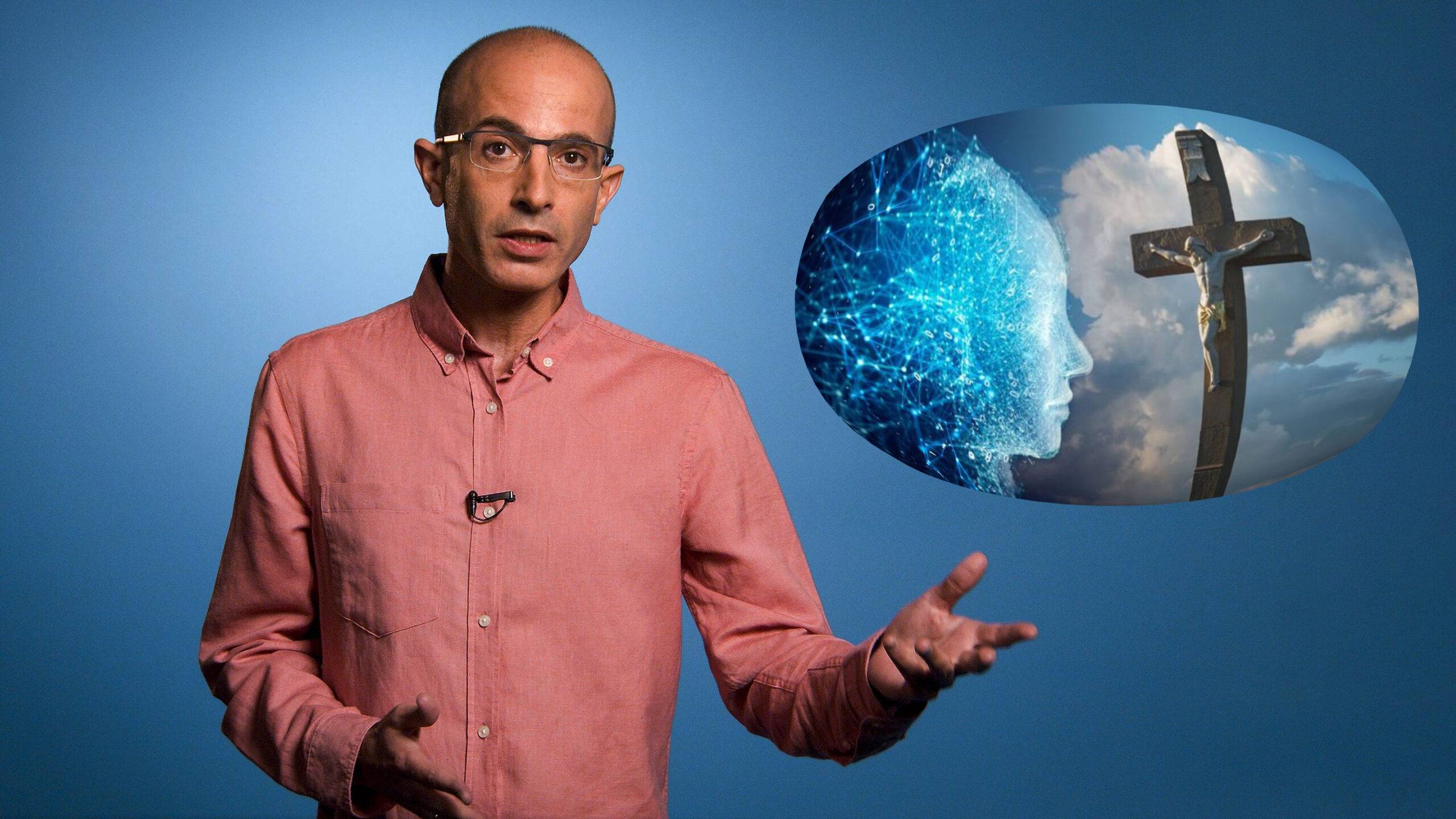
Unveiling Concerns over the WEF’s Influence, AI’s Potential Menace, and the Disquieting Prospect of AI-authored Scriptures
AI to Rewrite the Bible?
The advent of artificial intelligence (AI) has triggered a wave of both excitement and apprehension. Supporters champion AI as a revolutionary force, while skeptics caution against its potential risks and implications. In a concerning video, concerns emerge about the World Economic Forum’s (WEF) agenda and the unsettling aspirations of Yuval Noah Harari calling for AI to rewrite the bible and other religious texts, potentially giving rise to what he calls “better religions.”
Harari contends that AI possesses a novel quality that previous technologies lacked—the ability to generate original ideas. While the printing press, radio, and television served as channels for human-created concepts, they lacked the capacity to produce new insights. The speaker emphasizes the limitations of Gutenberg’s printing press, which reproduced countless copies of the Bible without contributing any novel interpretations or perspectives.
In stark contrast, AI is portrayed as an all-encompassing tool with the potential to generate fresh ideas, even to the extent of rewriting religious texts. Harari tantalizingly hints at the possibility of future religions emerging, with their holy books authored by AI. This notion challenges traditional notions of divine inspiration and raises profound questions about the authenticity, interpretation, and authority of religious texts generated by machines.
Dangers of Artificial Intelligence to Human Agency and Liberty
Critics argue that these musings shed light on the potential dangers of AI and its influence on belief systems and societal structures. Moreover, they highlight the disconcerting alignment between the WEF’s agenda and AI development, raising concerns about the concentration of power and marginalization of dissenting voices.

Those wary of the WEF contend that the organization prioritizes the interests of global elites over the well-being and autonomy of individuals and liberty. They fear that the convergence of powerful entities within the WEF and the development of AI could lead to centralized control, exacerbating inequalities and stifling diverse perspectives.
Harari’s fascination with AI rewriting the Bible and envisioning the creation of “better religions” adds another layer to this already unsettling scenario. Detractors assert that such proposals diminish the significance of human creativity and promote an overreliance on machines, ultimately eroding the foundations of faith and human agency.
The Outlook for the Future of AI
While AI undoubtedly presents opportunities for innovation, critics urge caution and a thorough examination of its implications. They argue for greater transparency, accountability, and inclusivity in AI development, ensuring that powerful organizations like the WEF do not dictate the future trajectory of AI’s influence.
It is vital to engage in critical conversations about AI’s impact on society, recognizing the potential risks it poses to human ingenuity, autonomy, and the very essence of religious belief. By actively participating in these discussions and asserting our values, we can shape a future where AI serves humanity’s interests, rather than becoming a tool for control and manipulation.
Watch the video to hear Harari’s speech for yourself.
Do you believe that AI-authored religious texts would enhance or undermine the authenticity and authority of religious teachings? How would this impact our understanding and interpretation of religious traditions? Are you concerned about the potential for centralized control and manipulation of faith if AI takes an active role in shaping religious beliefs?
Moreover, what implications do you foresee for the future of human agency, creativity, and the relationship between humanity and machines? Does the idea of AI-authored religious texts challenge your personal beliefs or raise ethical concerns?
Let us know your thoughts in the comments below.
